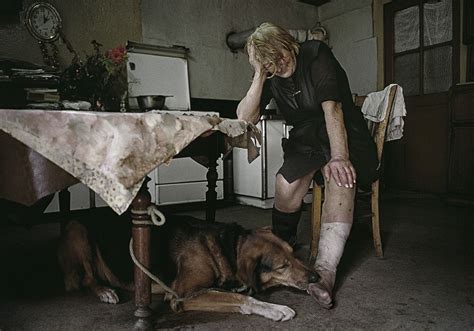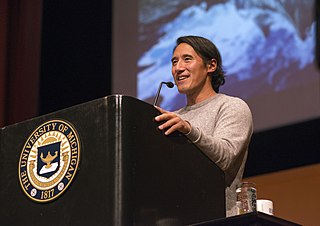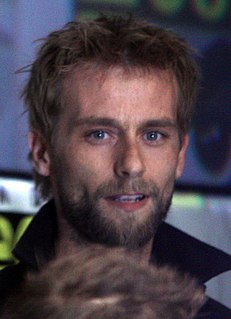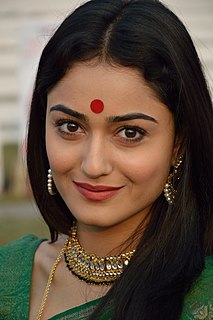A Quote by Todd Phillips
I really got into filmmaking through photography.
Quote Topics
Related Quotes
I became passionate about nature filmmaking when I graduated from UCLA, and one of the things I always wanted to do was shoot really high quality film, so I got into time-lapse photography - so that means when you shoot a flower, you're shooting, like, one frame every twenty minutes, so that's basically two seconds of a film per day.
I left film because I felt that photography was my art. It was something I could do on my own, whereas film was so collaborative. I thought as a photographer I could make something that was artistic and that was mine, and I liked that. And it wasn't until I got back into film and I have very small crews and I could do very tiny filmmaking that wasn't 100 people that I still felt that I was making something artistic as a filmmaker. So, you know, I'm an artist, and whether it's photography or film, I want my voice to be there and I think my voice is very strong in this film.
I remember going through school and doing art, which was the only thing that I actually found fulfilling, and I couldn't really figure out why. Then I got into college and started messing around with photography, and I realised that it was about getting the images that were in my head out in a way that didn't have to be spelt correctly.



































